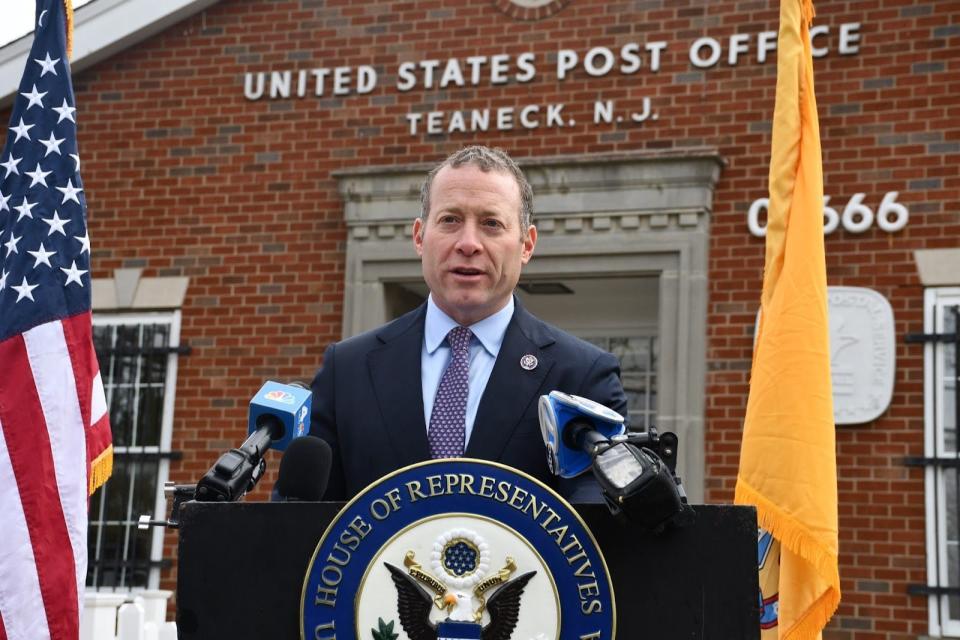New bill targets investment scams preying on seniors, people with disabilities
The Financial Exploitation Prevention Act would allow mutual funds and other investment managers to delay the sale of a security if they suspect its owner has been scammed. It would also require the Securities and Exchange Commission to come up with recommendations to fight such frauds, said U.S. Rep. Josh Gottheimer, a North Jersey Democrat who backed the legislation.
The U.S. House of Representatives overwhelmingly passed bipartisan legislation this week to fight financial scams targeting seniors and people with disabilities.
The U.S. Senate Special Committee on Aging found scams cost older Americans nearly $3 billion a year, Gottheimer said in a statement Tuesday.

“Millions of seniors across the country, including my own mother, have been the victims of financial scams, and far too many have been cheated out of their retirement savings,” said Gottheimer, who represents the 5th Congressional District.
The bill would also protect "those with mental and physical disabilities from predators who want to take advantage of them," he said.
The measure passed the House by a 419-0 vote but has yet to be voted on in the U.S. Senate.
According to Gottheimer, the act would:
Give the financial industry better tools to address exploitation
Require the SEC to come up with recommendations on how to combat the abuse and report them to Congress; and
Allow “open-end investment companies, including mutual funds, to delay the redemption of any security if it is reasonably believed such redemption was requested through the financial exploitation."
In 2021, about 7 million Americans reported being a victim of financial exploitation, according to the U.S. Treasury Department's Inspector General for Tax Administration. These scams include con artists pretending to work for the IRS and callers who try to get victims’ personal information such as Social Security, credit card or account numbers.
“Our seniors should be spending time with their kids, grandkids, and friends − not staying up late at night worrying about whether someone is preying on their retirement nest egg,” said Gottheimer.
The U.S. Senate Special Committee on Aging asks anyone who receives a suspicious call to hang up and call its fraud hotline at 1-855-303-9470.
Gene Myers covers disability and mental health for NorthJersey.com and the USA TODAY Network. For unlimited access to the most important news from your local community, please subscribe or activate your digital account today.
Email: myers@northjersey.com
Twitter: @myersgene
This article originally appeared on NorthJersey.com: Senior scams: Legislation seeks to fight investment fraud

